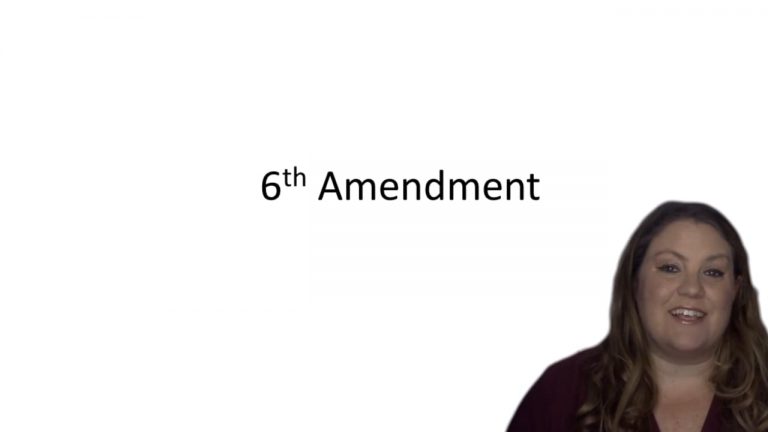SmartBrief
Confirm favorite deletion?
Criminal Procedure Keyed to Dressler
Missouri v. Frye
Citation:
566 U.S. 134, 132 S.Ct. 1399, 182 L.Ed.2d 379.Facts
In August of 2007, the defendant was charged with driving with a revoked license. Since he had three prior convictions for the same offense, he was charged with a felony and faced a maximum of four years in prison.
On November 15, the prosecutor sent a letter to the defendant’s counsel offering a choice of two plea bargains. The first was to plea guilty to the felony charge in exchange for the prosecutor recommending the defendant serve 10 days in jail. The second offer was to reduce the charge to a misdemeanor and, if the defendant pleaded guilty to it, to recommend a 90-day sentence. The letter stated both offers would expire on December 28. The defendant’s attorney did not advise him that the offers had been made, and the offers expired.
The defendant pleaded guilty with no underlying plea agreement. The state trial court accepted the defendant’s guilty plea and sentenced him to three years in prison.
The defendant filed for post-conviction relief in state court, arguing that his counsel’s failure to inform him of the prosecution’s plea offer denied him the effective assistance of counsel. He testified he would have entered a guilty plea to the misdemeanor had he known about the offer. The state court denied relief, but the Missouri Court of Appeals reversed, holding that the defendant met both of the requirements for showing a Sixth Amendment violation under Strickland.
Only StudyBuddy Pro offers the complete Case Brief Anatomy*
Access the most important case brief elements for optimal case understanding.
*Case Brief Anatomy includes: Brief Prologue, Complete Case Brief, Brief Epilogue
- The Brief Prologue provides necessary case brief introductory information and includes:
Topic:
Identifies the topic of law and where this case fits within your course outline.Parties:
Identifies the cast of characters involved in the case.Procedural Posture & History:
Shares the case history with how lower courts have ruled on the matter.Case Key Terms, Acts, Doctrines, etc.:
A case specific Legal Term Dictionary.Case Doctrines, Acts, Statutes, Amendments and Treatises:
Identifies and Defines Legal Authority used in this case.
- The Case Brief is the complete case summarized and authored in the traditional Law School I.R.A.C. format. The Pro case brief includes:
Brief Facts:
A Synopsis of the Facts of the case.Rule of Law:
Identifies the Legal Principle the Court used in deciding the case.Facts:
What are the factual circumstances that gave rise to the civil or criminal case? What is the relationship of the Parties that are involved in the case.Issue(s):
Lists the Questions of Law that are raised by the Facts of the case.Holding:
Shares the Court's answer to the legal questions raised in the issue.Concurring / Dissenting Opinions:
Includes valuable concurring or dissenting opinions and their key points.Reasoning and Analysis:
Identifies the chain of argument(s) which led the judges to rule as they did.
- The Brief Prologue closes the case brief with important forward-looking discussion and includes:
Policy:
Identifies the Policy if any that has been established by the case.Court Direction:
Shares where the Court went from here for this case.
Topic Resources
Topic Outline
Topic Refresher Course
Topic Charts & Notes

 4m 2s
4m 2s